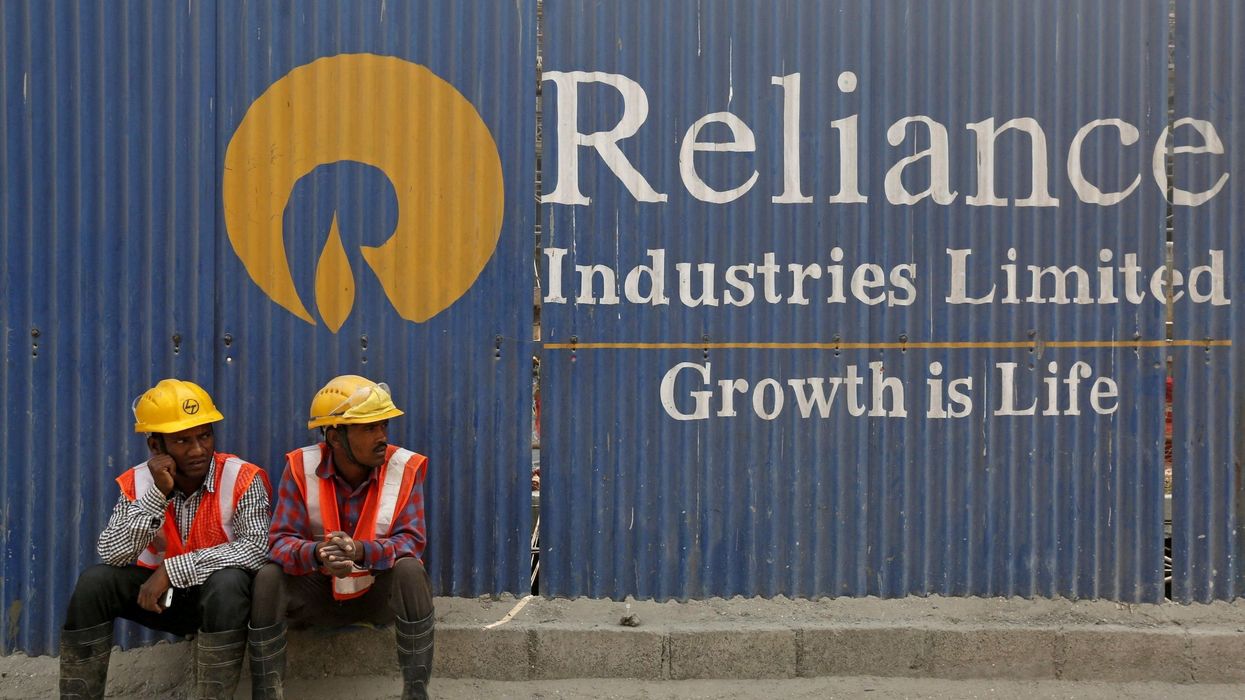Reliance Industries Ltd has moved up two places to rank number 86 on the Fortune Global 500 list for 2024, making it the highest-ranked Indian company on the list.
Last year, the company was ranked 88 and has improved its position significantly over the past three years, rising from number 155 in 2021.
Fortune reported on its website that Reliance has been part of the Global 500 list for 21 years, with revenues of £85.5 billion and a profit of £6.6 billion in the last fiscal year.
The 2024 ranking includes nine Indian firms, five of which are from the public sector. Life Insurance Corporation of India (LIC) improved its position by 12 places, now ranking at number 95. Indian Oil Corporation (IOC) fell 22 places to number 116. State Bank of India (SBI) jumped 57 spots to rank number 178.
Oil and Natural Gas Corporation (ONGC) and Bharat Petroleum Corporation Ltd (BPCL) are ranked at number 180 and number 258, losing 22 and 25 places respectively. Tata Motors rose by 66 spots to rank at number 271. HDFC Bank at number 306 and Rajesh Exports at number 463 are the other Indian companies on the list.
Walmart retains its position as the top company for the 11th consecutive year, while Amazon has moved up to number 2 from number 4 last year. Saudi Aramco fell to number 4 from number 2 in 2023 but remains the most profitable company on the list with £95.1 billion in profits. State Grid of China ranks number 3, with Sinopec Group at number 5 and China National Petroleum at number 6. Apple is ranked number 7.
According to Fortune, "The Fortune Global 500 is our annual ranking of the largest 500 corporations worldwide as measured by total revenue." The companies are ranked based on total revenues for their fiscal years ending on or before March 31, 2024.
The list shows that the world's 500 largest companies achieved nearly flat but record-breaking aggregate revenues of £32.3 trillion in 2023, marking a year-over-year increase of 0.1 per cent.
(With inputs from PTI)




